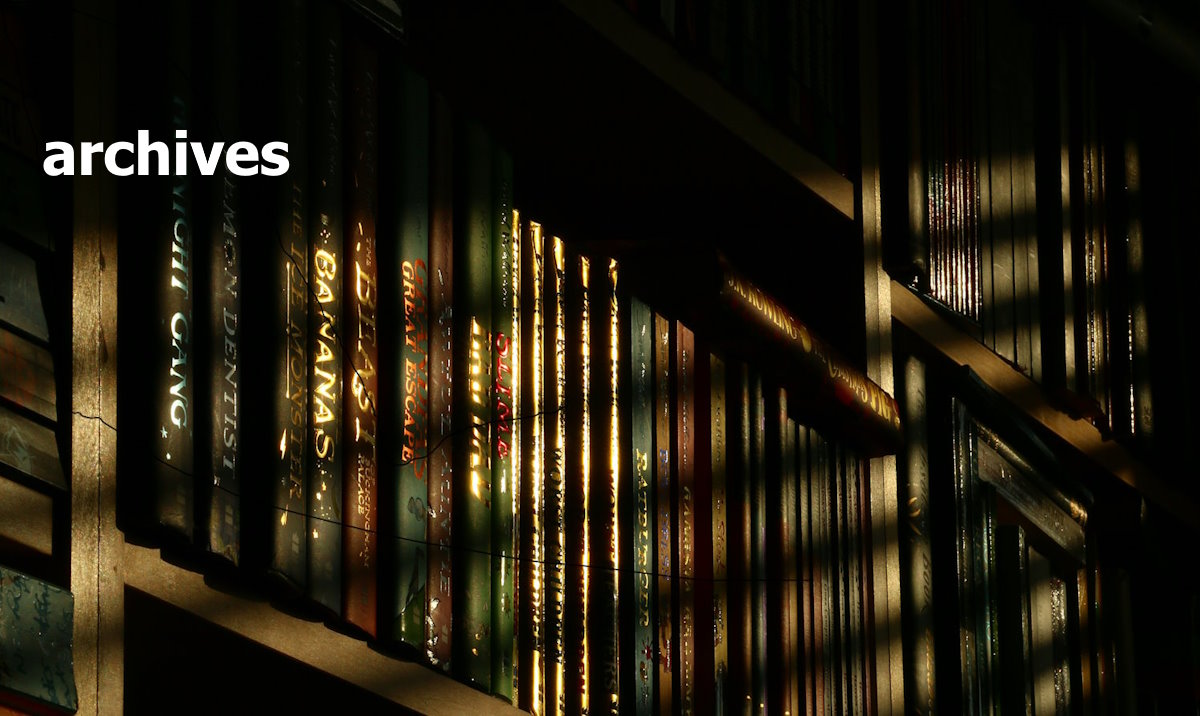Materials that illuminate the development of informal education, community learning and development, lifelong learning and social pedagogy. Scroll through to find the writers and topics that you want – or search.
Click for the full collection
special collections
Social, educational and university settlement collection
Girls clubs’ and youth clubs’ collection
new
Young people and the 2011 ‘riots’ in England – experiences, explanations and implications for youth work. This briefing was prepared for a Rank Foundation (yarn) network seminar on youth work and the riots held in London at the Royal Festival Hall on October 19th, 2011. It was revised straight after the event to take into account discussion at the event – and new research. [uploaded January 2024]
Settlements and education. New in the archives – Will Reason’s overview of educational provision in early university and social settlements (1898).
featured
Tom Lovett – Radical community education. Tom Lovett explores the development of radical community education and explores different models of practice. Different models of recent work are reviewed and some ways forward suggested. This article was first published in 1994.
Paul Fordham – Informal, non-formal and formal education programmes. In this piece Paul Fordham explores the emergence of the influential typology of education programmes as informal, non-formal and formal. The notions are considered in relation to the concern to foster economic development. Particular attention is paid to the characteristics of non-formal education in relation to participation, purposes and methods. Debates around ‘top-down’ and ‘bottom-up’ approaches are also explored.
Charles Dickens – A sleep to startle us: An article on ragged schooling that appeared in Household Words in 1852.
Octavia Hill – Space for the people. This article by Octavia Hill, included in Homes of the London Poor (1883), outlines her case for the need for all people to be able to access space: places to sit in, places to play in, places to stroll in, and places to spend a day in.
James Hole – Social education: Chapter 8 of James Hole’s (1860) “Light, More Light!”On the present state of education amongst the working classes of Leeds – exploring the power of popular forms.
Fred Milson – Growing with the Job: In this popular pamphlet from 1968, Fred Milson makes the case for attending to the growth and development of workers – and the special setting in which they are working.
click for the full collection
Photo by Pierre Bamin on Unsplash
